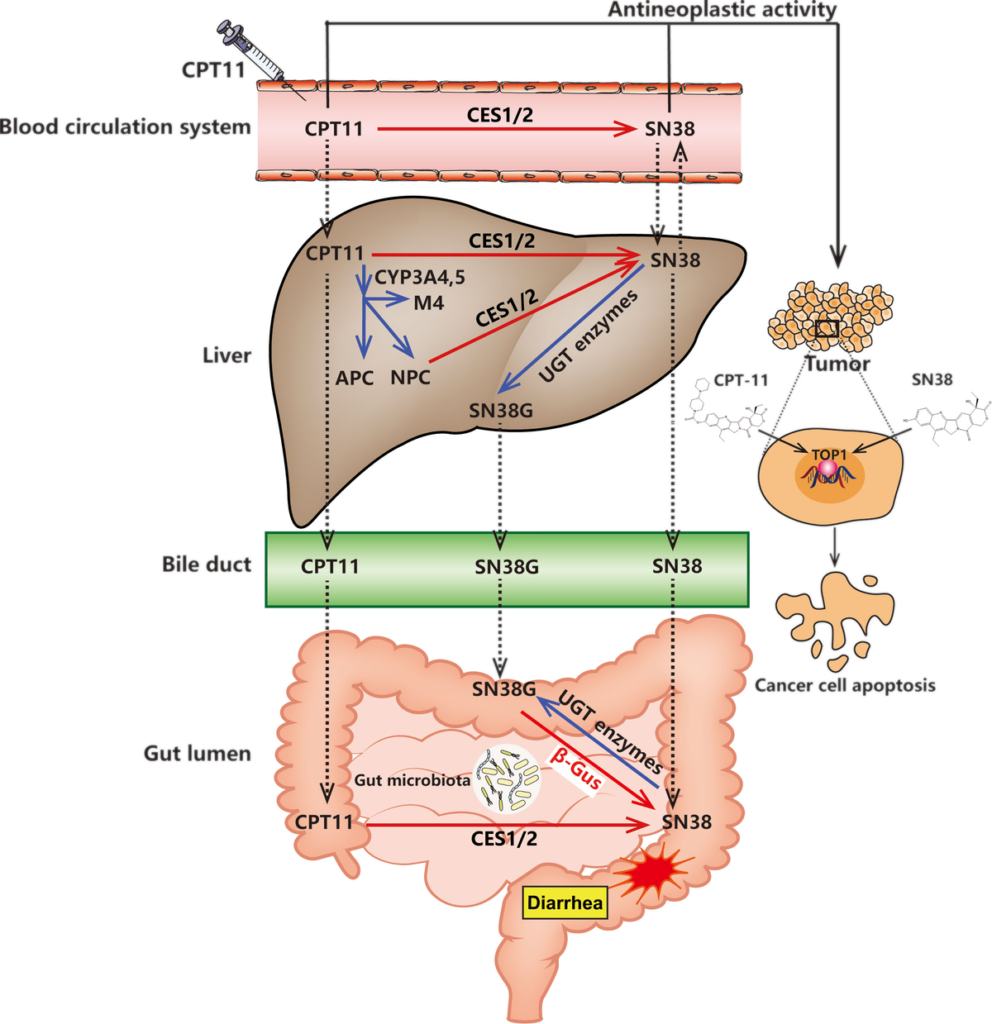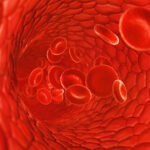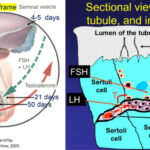Chemotherapy-induced diarrhea (CID) is a common and potentially severe side effect of cancer treatment. It requires timely identification and management to prevent complications and ensure patient well-being. This article provides an in-depth overview of CID, its causes, symptoms, and effective management strategies.

What is Chemotherapy-Induced Diarrhea?
Chemotherapy-induced diarrhea refers to the frequent, loose, or watery stools that occur as a direct result of chemotherapy. This condition can range from mild to severe and may significantly impact the quality of life and overall health of patients undergoing cancer treatment.
Causes of Chemotherapy-Induced Diarrhea
Several factors contribute to the onset of CID, including:
- Chemotherapy Drugs:
- Antimetabolites (e.g., fluorouracil, capecitabine)
- Tyrosine kinase inhibitors (e.g., sorafenib, lapatinib)
- Immune checkpoint inhibitors
- Damage to the Gastrointestinal Lining: Chemotherapy targets rapidly dividing cells, including the mucosal lining of the gastrointestinal tract, leading to inflammation and reduced absorption.
- Alterations in Gut Microbiota: The disruption of normal gut flora can increase susceptibility to diarrhea.
- Other Contributing Factors:
- Infection
- Dietary changes
- Pre-existing gastrointestinal conditions
Recognizing Symptoms of CID
It is crucial to identify the symptoms of CID early to prevent complications such as dehydration or malnutrition. Common symptoms include:
- Frequent, loose stools (more than three per day)
- Abdominal cramping and discomfort
- Urgency to defecate
- Bloating
- Nausea
In severe cases, CID can lead to electrolyte imbalances, weight loss, and significant dehydration.
Risk Factors for Developing CID
Certain factors may increase the risk of developing CID, including:
- High-dose or combination chemotherapy regimens
- A history of bowel disorders, such as irritable bowel syndrome (IBS)
- Older age
- Poor nutritional status
Management and Treatment of CID
1. Hydration and Electrolyte Replenishment
Maintaining hydration is critical to prevent dehydration. Oral rehydration solutions (ORS) containing electrolytes and glucose can be highly effective.
2. Dietary Adjustments
- Low-Fiber Diet: Reducing dietary fiber can decrease stool frequency.
- Small, Frequent Meals: Helps in better digestion and nutrient absorption.
- Avoiding Triggers: Eliminate spicy, fatty, and lactose-rich foods.
3. Medications
- Anti-Diarrheal Agents:
- Loperamide is commonly used for mild to moderate diarrhea.
- Octreotide may be prescribed for severe cases.
- Probiotics:
- Supplementing with probiotics can restore gut microbiota balance.
4. Preventive Measures
- Close monitoring of bowel movements during chemotherapy
- Regular consultations with healthcare providers
- Early initiation of supportive therapies
When to Seek Medical Attention
Patients should contact their healthcare provider immediately if they experience:
- Severe diarrhea (more than six stools per day)
- Signs of dehydration, such as dizziness, dry mouth, or reduced urine output
- Blood in the stool
- Fever above 100.4°F (38°C)
Potential Complications of Untreated CID
If left unmanaged, CID can lead to serious health issues, including:
- Severe dehydration and electrolyte imbalances
- Malabsorption and malnutrition
- Increased risk of infection
- Hospitalization
A Patient-Centered Approach to Managing CID
Effective management of CID requires a multidisciplinary approach. Collaboration between oncologists, gastroenterologists, dietitians, and nurses ensures comprehensive care tailored to each patient’s needs.

